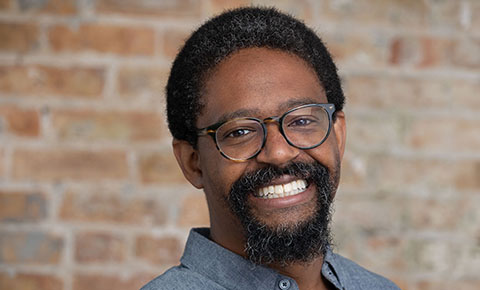Lessons from the Rooney Rule

The spectacular rise and fall of the public’s perception of the Rooney Rule, which originally required NFL teams to interview at least one diverse candidate for head coaching jobs, offers valuable lessons for organizational leaders, Ahmmad Brown wrote in Forbes.
“There is no such thing as a simple fix when it comes to DEI, and certainly not for racial equity,” wrote Brown, assistant professor with Northwestern University’s Master’s and Executive Learning and Organizational Change program, housed in the School of Education and Social Policy.
“Rather than seizing the opportunity to build on the Rooney Rule and truly make the league more equitable, NFL leaders did little to hold teams accountable to the spirit of the rule or its implementation.”
Conceived in 2002 in response to the lack of Black coaches (two out of 32) in the National Football League, the policy was supported by peer-reviewed work done by the University of Pennsylvania’s Janice Madden and School of Education and Social Policy alumna, the late Cynthia DuBois (PhD18).
“The takeaway from their work is clear: diverse candidate slates help create equal opportunity,” Brown wrote.
Initially, the Rooney Rule was considered a monumental success and common across industries. But it was celebrated prematurely, Brown said.
“Until leaders respect the sheer breadth and depth of the work required to make organizations more diverse, equitable, and inclusive, and then make the requisite commitments to both the work itself and accountability for the work, organizations will continue to overburden single policies that were never designed to get the job done alone,” he wrote.
Brown offered three takeaways for organizational leaders:
- Apply the same strategic and analytic rigor to DEI as you would for other core elements of your business.
- Give DEI work the resources, space, and time that it needs to achieve results.
- Take responsibility for staying committed to the process.
Brown is the faculty lead for the MSLOC’s Leading Equity and Inclusion Certificate program. His academic work focuses on inequality in organizations, how minoritized people generate and use social capital in organizations, and allyship in the workplace.
As the president and co-founder of Equity Based Dialogue for Inclusion (EBDI) and as a principal advisor with Working IDEAL, Brown works with organizations across sectors and industries to develop and implement impactful DEI structures and policies.